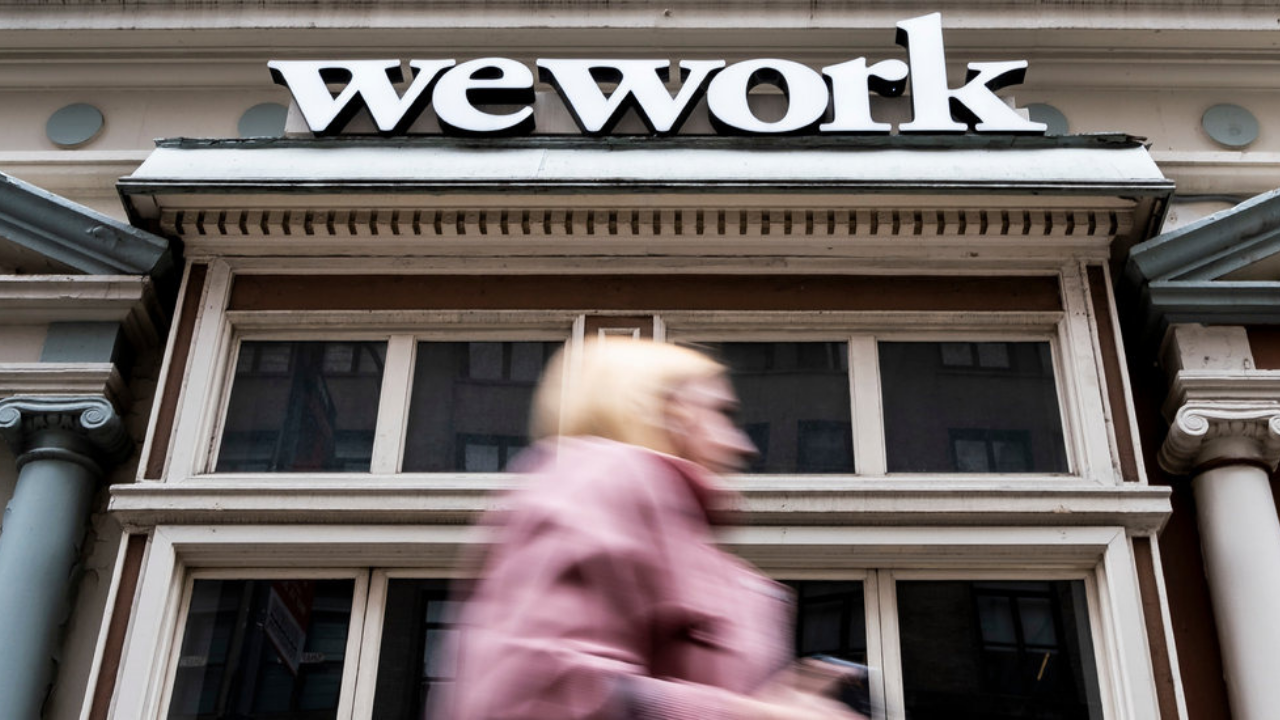Although WeWork has reported that it had a 100%-plus growth in the first quarter of the year, analysts are still skeptical that the company could take a hit during an economic downturn.
Rett Wallace, CEO of research firm Titon, said that understanding where the company stands is difficult since it does not share its occupancy percentages. A source close to the company said that occupancy was at about 90% for locations opened in the past 18 months, but Wallace said a better outlook would be spaces with waitlists and no vacancies.
Despite this, WeWork CEO Adam Neumann said that a downturn could actually help the company since its coworking spaces are much cheaper and more flexible than traditional office buildings. He also pointed to other cities that have suffered through recent downturns, during which the company’s memberships flourished.
Now, WeWork has $3.4 billion in multiyear agreements with large companies which could help keep its revenue afloat, but that may not be enough to taper down expressed concerns.
“My basic view is that the business model is ‘sound’ and that much of the losses are driven by expansion,” said Chris Lane, a Hong Kong-based analyst. “However, I still struggle to see how they will justify a valuation anywhere near what SoftBank was reported to have paid in the last funding round.”

 Dr. Gleb Tsipursky – The Office Whisperer
Dr. Gleb Tsipursky – The Office Whisperer Cat Johnson – Coworking Marketing Maven
Cat Johnson – Coworking Marketing Maven Angela Howard – Culture Expert
Angela Howard – Culture Expert Drew Jones – Design & Innovation
Drew Jones – Design & Innovation Andrea Pirrotti-Dranchak – Competitive Advantage
Andrea Pirrotti-Dranchak – Competitive Advantage Jonathan Price – CRE & Flex Expert
Jonathan Price – CRE & Flex Expert Jeremy Fennema – Tech Innovation Alchemist
Jeremy Fennema – Tech Innovation Alchemist







